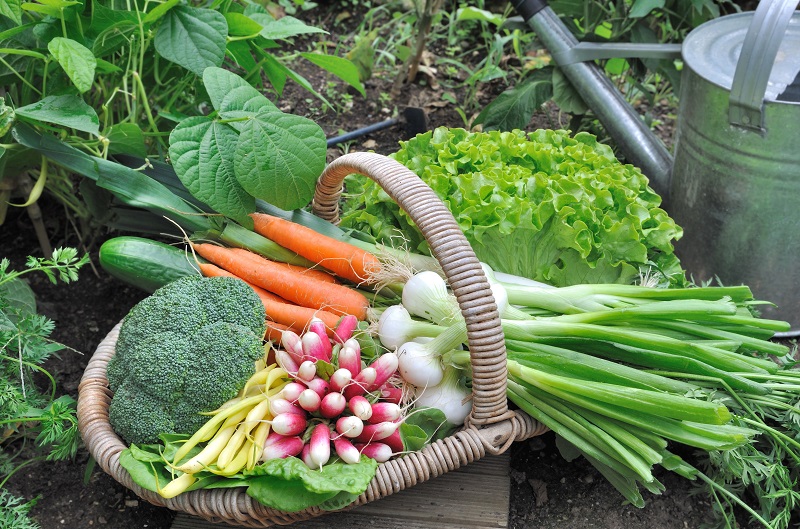
To save money or simply to please you, the vegetable garden is the right solution. Whether you are an amateur or an expert, know that some mistakes are common among gardeners.
How to start well in the kitchen garden?
Did you make the decision to start a vegetable garden? What a good idea! To get started, here are some tips to adopt:
Find a good location for your garden: a flat ground with rich and deep soil, neither too acidic nor too calcareous, bathed by the sun and sheltered from the wind;
Think about your project: if you do not have a lot of time, do not go to a big garden. Because yes, it will take care regularly;
To prepare the ground well: to create a kitchen garden, it is necessary to prepare the ground to know to carry out the clearing and the digging and thus to equip accordingly;
Opt for vegetables for beginners: choose easy-to-grow vegetables such as lettuce, radish, cucumber or cherry tomatoes.
Plan your plantations
Plan the plantation as early as April. Once you know which plants, which fruits, which vegetables you want to grow, then to get the right tools and products.
Do not adapt to the climate
The choice of plantations depends on the climate and the type of soil. For example, the olive tree, the pepper is more favorable to a high rate of sunshine. For soil type, favor plants that like clay soil
Water excessively
Watering every day depletes the soil and harms the growth of vegetables. Avoid puddles, do not water when the sun is in full swing because the water will evaporate more than feed your plants. Prefer watering in the morning or early evening.
Overpopulate the garden
Be careful to keep enough space between the plants to allow them a good development (between 20 and 60cm depending on vegetables).
Do not follow the plant calendar
The rhythm of the plants follows a very precise calendar whether for the plantations inside or outside. Inside, plant lettuce, tomato, mid-April, then zucchini and cucumbers in mid-May. Outside, plant lettuce and potatoes early May, then zucchini and cucumbers at the end of May. If you do not follow their natural rhythm, the vegetable garden will tend to degrade.
Do not combine good plants
Plants join together to protect themselves. Some species go very well together, this is the principle of companionship. For example, beets work well with celery, lettuce, onions, and radishes, but you have to keep them away from carrots and beans at all costs.
Overpopulate the garden
Be careful to keep enough space between the plants to allow them a good development (between 20 and 60cm depending on vegetables).
Leave too much room for insects
Insects can be pests. Use natural remedies to keep them away from your vegetables (potato cooking water, ladybug, nettle, eggshell against slugs, etc.). Weed control is the best solution for removing weeds.
